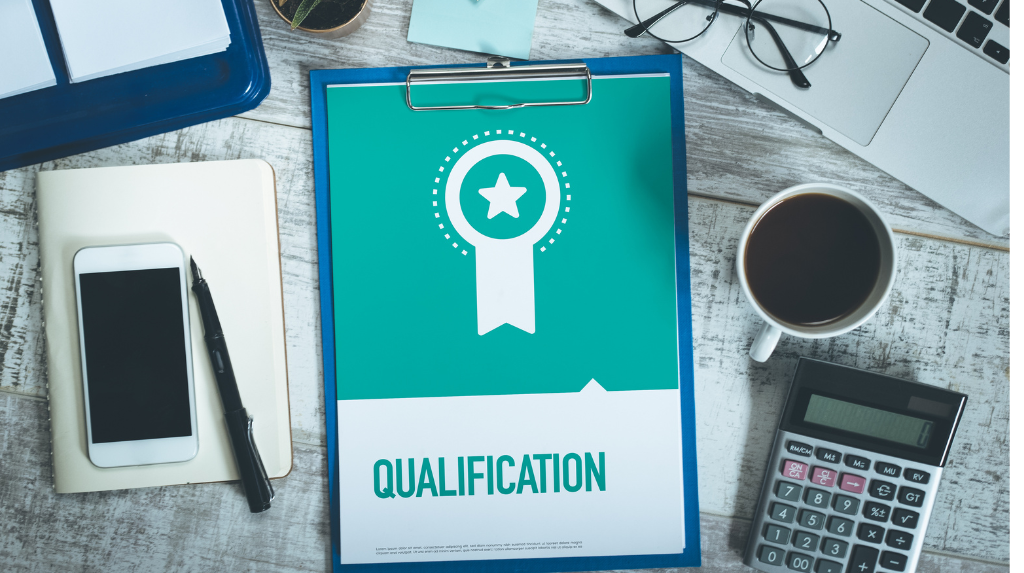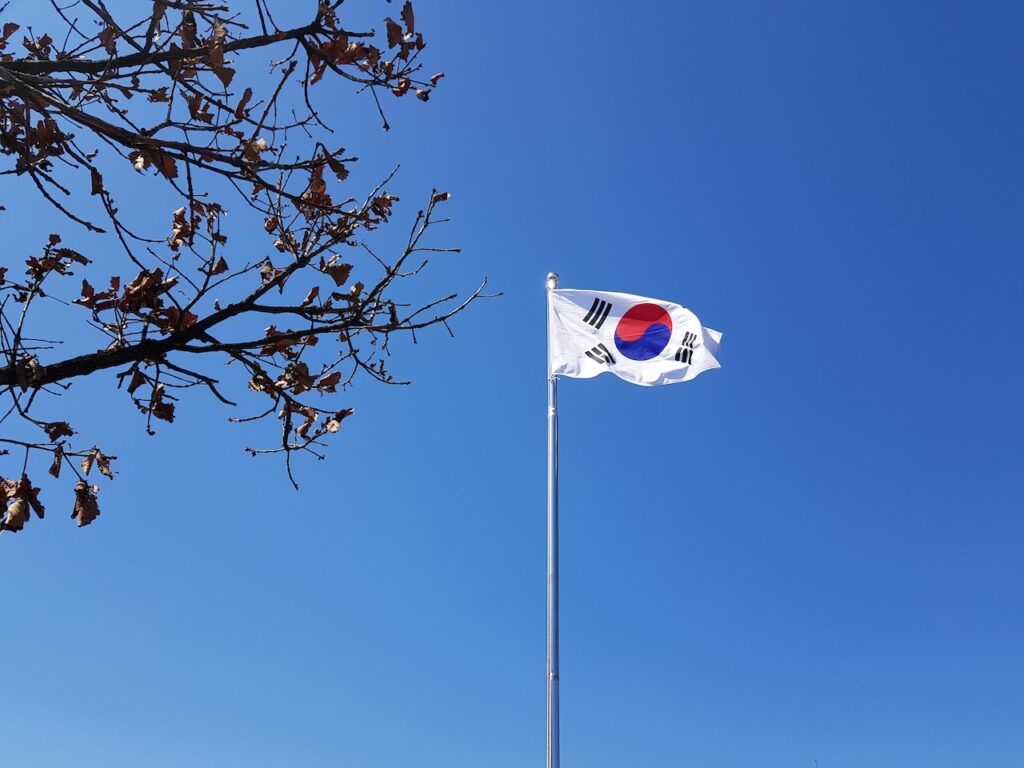If you’re planning to visit South Korea, you may find yourself wondering, “Can you appeal for a Korean visa?” The visa application process can be complex, and sometimes an application may be denied. However, there are options available to appeal the decision. In this comprehensive guide, we will explore the appeal process for a Korean visa, providing you with valuable information and insights to help you navigate through the potential challenges.
Understanding the Korean Visa Application Process
Before delving into the appeal process, it’s important to understand the standard Korean visa application procedure. When applying for a Korean visa, you will typically need to submit the required documents, including a completed application form, passport-sized photos, a valid passport, proof of financial stability, and any supporting documents based on the type of visa you’re applying for.
Common Reasons for Visa Denial
It’s not uncommon for visa applications to be denied for various reasons. Understanding these common reasons can help you avoid potential pitfalls when applying for a Korean visa. Some typical grounds for denial include:
- Insufficient Funds: If you fail to demonstrate sufficient financial stability to support your stay in South Korea, your visa application may be rejected.
- Lack of Documentation: Incomplete or inadequate documentation can lead to a visa denial. Ensure you provide all the necessary documents to support your application.
- Criminal Background: A criminal record, particularly for offenses related to drugs, violence, or terrorism, can be a significant factor in visa denial.
- Inconsistencies or False Information: Providing inconsistent or false information on your application can result in visa rejection. It’s crucial to be truthful and accurate in all aspects of your application.
Can You Appeal for a Korean Visa?
If your visa application is denied, you have the option to appeal the decision. The Korean immigration system allows applicants to request a review of their denied visa application. However, it’s essential to note that the appeal process may not guarantee a reversal of the decision. The chances of a successful appeal depend on the individual circumstances and the reasons for the initial denial.
The Appeal Process
To initiate the appeal process, follow these steps:
- Consult with an Immigration Lawyer: Seeking professional advice from an immigration lawyer experienced in Korean visa matters can significantly increase your chances of a successful appeal.
- Review the Denial Letter: Carefully examine the denial letter provided by the Korean embassy or consulate. It should outline the specific reasons for the rejection.
- Prepare a Strong Appeal: Address the reasons for the denial in a well-structured and persuasive manner. Present any additional evidence or information that may support your case.
- Submit the Appeal: Follow the instructions provided in the denial letter to submit your appeal. Make sure to meet all the deadlines and provide any required documentation.
- Await the Decision: Once you’ve submitted your appeal, you will need to wait for the Korean immigration authorities toreview your case. The processing time for appeals can vary, so it’s important to be patient during this period.
- Follow Up: If necessary, you may need to follow up with the immigration authorities regarding the status of your appeal. Stay informed and be proactive in seeking updates.
It’s crucial to note that the appeal process is not always successful. However, by carefully preparing your appeal and presenting a compelling case, you can increase your chances of a positive outcome.
FAQs About Appealing for a Korean Visa
Can I appeal for a Korean visa if I was previously denied?
Yes, you can appeal a visa denial. However, it’s essential to carefully review the reasons for the denial and address them in your appeal to increase your chances of success.
How long does the appeal process take?
The appeal process can vary in duration. It’s best to consult with the Korean immigration authorities or seek legal advice to get an estimate of the processing time for your specific case.
Can I apply for a different type of visa instead of appealing?
Yes, if you believe that your chances of success are higher with a different visa category, you can choose to submit a new application instead of appealing the denial.
Should I hire an immigration lawyer for the appeal process?
While it’s not mandatory to hire an immigration lawyer, seeking professional guidance can significantly enhance your chances of a successful appeal. An experienced lawyer can help you navigate the complexities of the process and present a strong case.
Is there a fee for submitting an appeal?
The appeal process may involve certain fees. The specific amount and payment instructions should be provided in the denial letter. Make sure to comply with the payment requirements to ensure the timely processing of your appeal.
Can I continue to stay in South Korea while waiting for the appeal decision?
Generally, you will not be allowed to stay in South Korea during the appeal process. However, it’s essential to consult with the immigration authorities or an immigration lawyer to understand the specific regulations and any potential exceptions.
In conclusion, if you find yourself in a situation where your Korean visa application is denied, remember that you have the option to appeal the decision. By carefully understanding the reasons for the denial, seeking professional advice, and preparing a strong appeal, you can increase your chances of a positive outcome. Remember to be patient throughout the process and follow the instructions provided by the Korean immigration authorities. We hope this guide has provided you with valuable insights and information to navigate the appeal process successfully.
Do you need assistance with a South Korea visa appeal?
Contact our team of skilled immigration lawyers to discuss your visa and immigration needs.
Call us on +234 812 5505 986 or WhatsApp us at +234 818 1547 085 for immediate assistance with your situation. We are available to assist you in person, over the phone, or online.





